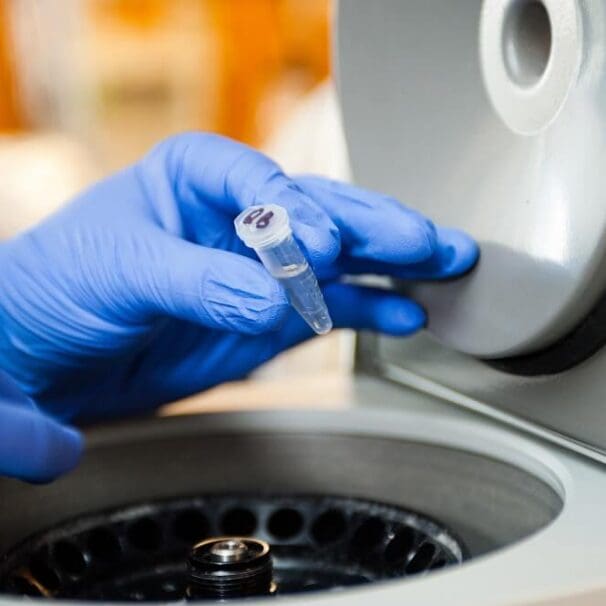HealthProviders DB is a comprehensive database of healthcare providers, including a complete directory of all Immunopathology Physicians.
Pathology Healthcare Taxonomy Code 207ZI0100X
As of today, the following are the total number of Immunopathology Physicians nationally, in your State, and near your location.
Select a State below to view the list by State. Additionally, you can narrow the list by city, among other options, from the Filter Panel, which you can open by clicking the vertical ellipses ⋮ in the upper right corner of the app.
Alaska – Alabama – Armed Forces Pacific – Arkansas – American Samoa – Arizona – California – Colorado – Connecticut – District of Columbia – Delaware – Florida – Federated States of Micronesia – Georgia – Guam – Hawaii – Iowa – Idaho – Illinois – Indiana – Kansas – Kentucky – Louisiana – Massachusetts – Maryland – Maine – Marshall Islands – Michigan – Minnesota – Missouri – Northern Mariana Islands – Mississippi – Montana – North Carolina – North Dakota – Nebraska – New Hampshire – New Jersey – New Mexico – Nevada – New York – Ohio – Oklahoma – Oregon – Pennsylvania – Puerto Rico – Palau – Rhode Island – South Carolina – South Dakota – Tennessee – Texas – Utah – Virginia – Virgin Islands – Vermont – Washington – Wisconsin – West Virginia – Wyoming
Medicare
The following are the total number of Immunopathology Physicians who accept Medicare in your State, the number who have opted out of Medicare, and the total number excluded from participation in Medicare nationwide.
The diagram below shows all the Immunopathology Physicians across the country, represented by blue bubbles. The larger the bubble, the greater the concentration of providers in that area. Red bubbles represent Medicare-excluded providers, with the larger bubbles indicating a higher percentage of excluded providers in that region. You can change the bubble size to be based on exclusions from the Size menu.
What do Immunopathology Physicians do?
Immunopathology physicians are medical specialists who focus on diseases of the immune system, providing laboratory testing, interpreting results, and offering clinical advice to diagnose and manage conditions such as autoimmune diseases, immunodeficiencies, and allergies.
Their work bridges the gap between laboratory medicine and clinical practice, aiding in the development of treatment plans by analyzing immune-related proteins and detecting infections or abnormal immune responses in patient samples.
What they do
Laboratory Testing: They perform and interpret various laboratory tests to detect and manage allergic, autoimmune, autoinflammatory, and immunodeficiency diseases.
Diagnosis: Their expertise supports serologic testing for infectious diseases, such as HIV, hepatitis, and syphilis, using blood specimens.
Consultation: They provide crucial information to other doctors, helping them to devise treatment plans for patients with complex immune-related conditions.
Interpreting Results: Immunopathologists are skilled at analyzing and applying complex clinical laboratory immunology tests.
Clinical Trials: In some divisions, they participate in clinical trials for new treatments and therapies.
Conditions They Address
Immunopathology physicians deal with a wide range of immune system-related disorders, including:
Autoimmune disorders: Conditions where the immune system mistakenly attacks the body’s own tissues, like lupus or rheumatoid arthritis.
Immunodeficiencies: Impairments in the immune system’s ability to fight infections, such as primary immunodeficiency or HIV/AIDS.
Hypersensitivity reactions/Allergies: Overreactions of the immune system to allergens (like food or pollen) that trigger symptoms ranging from hives to severe allergic reactions.
How They Work
Immunopathologists can work in various settings, including:
Research: Researching to understand the immune system better and develop new treatments.
Hospital pathology departments: Providing specialized lab services and consultations.
Clinical practice: Directly evaluating and diagnosing patients with immune disorders.

